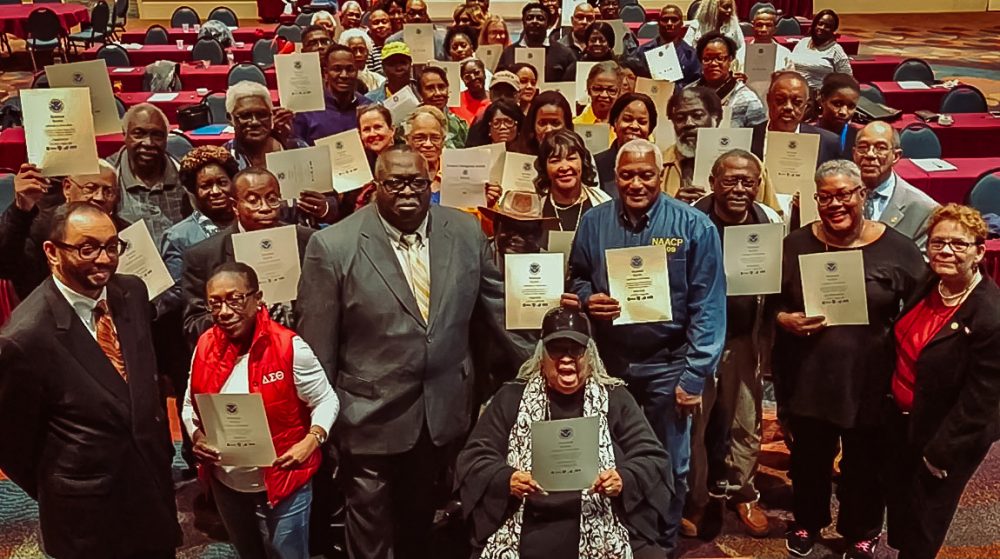Systemic Racism: Disasters Expose It – How Do We Address It?
2 p.m. ET/ 1 p.m. CT

Racism is ever-present in our society, but for those who are not Black, Indigenous or People of Color (BIPOC), it is sometimes easy to brush it aside. However, disasters lay bare the inequities that exist in societies around the world.
COVID-19 has been a clear example of how disasters exacerbate racism as BIPOC communities have suffered more cases and deaths, disproportionate socio-economic impacts and have reduced vaccination rates. For communities to recover equitably, philanthropy needs to understand the impact of racism, address root causes and explore how to best support BIPOC-led and BIPOC-serving organizations before, during and after disasters.
The Center for Disaster Philanthropy (CDP) hosted a webinar to look at how COVID-19 and other disasters make the presence of systemic racism more obvious. Speakers shared recommendations for how funders can support BIPOC organizations and fund equity and anti-racism work.
This webinar is part of Equity in Disasters, a series of blog posts, webinars and other resources highlighting systemic racial and intersectional equity issues linked with communities’ abilities to recover from and withstand future disasters.
CDP Director of Learning and Partnerships Tanya Gulliver-Garcia moderated the discussion and panelists included:
- Dr. Cassandra R. Davis, research assistant professor, University of North Carolina at Chapel Hill
- Flozell Daniels, Jr., president and CEO, Foundation for Louisiana
- Karla López del Río, associate director, Center for Social Innovation
This webinar was co-sponsored by National Committee for Responsive Philanthropy, Native Americans in Philanthropy, United Philanthropy Forum, Philanthropic Initiative for Racial Equity, CHANGE Philanthropy and ABFE.
Please see the slide deck and watch the webinar recording to learn more: